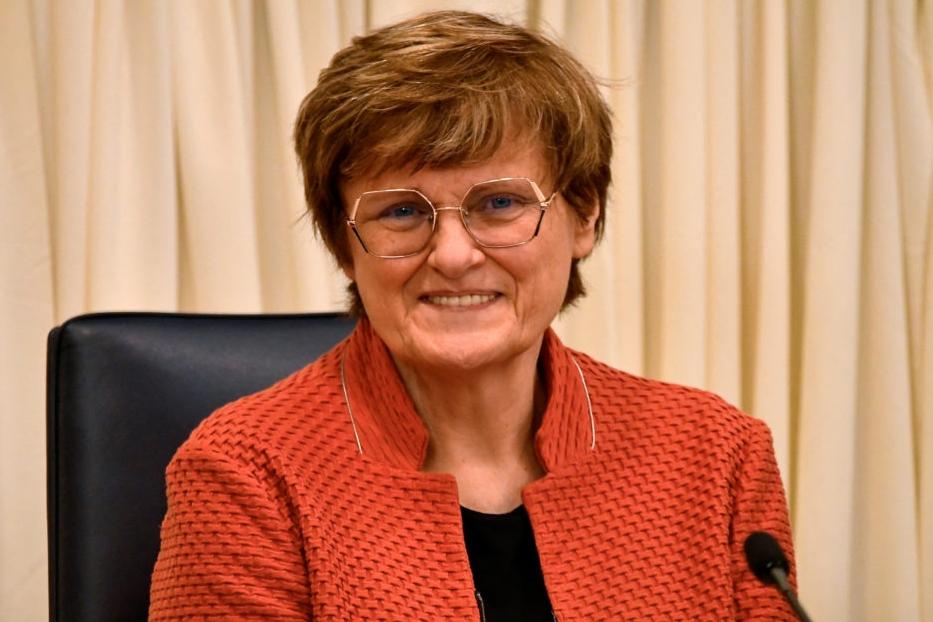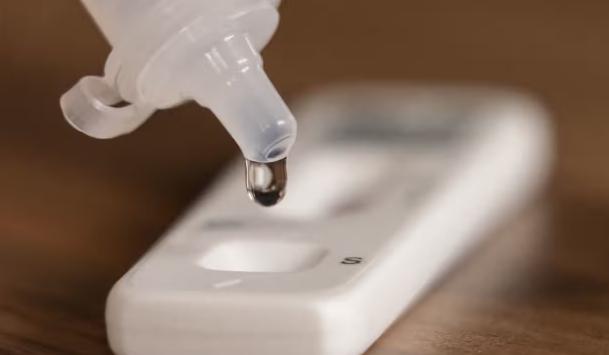The unveiling of this week’s Nobel Prize recipients draws attention to remarkable achievements in the fields of science and medicine. It’s a concise dialogue with one of this year’s laureates in medicine, whose innovative contributions have significantly transformed the approach to combating the pandemic.
Congratulations on the Nobel Prize win! Can you share how you’re feeling a few days after the announcement?
Katalin Karikó, Nobel Prize Winner: Thank you. It’s a hectic time, and I haven’t had enough time to process all of this. Winning the Nobel Prize is still unbelievable to me.
You were awarded this Nobel for years of persistent work on messenger RNA, which was initially met with skepticism. How did you maintain your belief in its potential?
In 1989, when I began working with mRNA, it wasn’t as powerful as today. It could produce only a tiny amount of protein, which seemed irrelevant for therapeutic use to many. But incremental improvements were made over time. When we began seeing effects in mice, we started to believe it could also be useful for humans. It was a gradual realization, and we were able to enhance the product continuously.
You encountered significant opposition and disbelief during your career. How did you persevere through those challenges?
I don’t harbor resentment towards the skeptics. My focus was always on the work and the few who believed in the potential of mRNA along with me. We persevered together. The systemic hurdles were more of an issue than individual naysayers.
The development of COVID vaccines using your breakthrough has saved millions of lives. How does that feel?
It’s incredibly gratifying. I’ve been working at BioNTech for 10 years. In 2018, BioNTech and Pfizer were already developing an mRNA-based vaccine for influenza. When COVID emerged, we adapted our work to create a vaccine for the new virus. Being part of this process has been a source of great pride.
Your journey from Hungary to winning the Nobel Prize is remarkable. Do you ever reflect on how far you’ve come?
Yes, it’s been a long journey. From a modest upbringing where my father had six years of education, through university and earning a Ph.D., to now – it’s a significant distance. But I tend to focus more on looking ahead than reflecting on the past.
You’re now a role model for women in science. How do you view this recognition?
There are many talented female scientists, and balancing family and profession is a common challenge. I always advise young women to find supportive partners and to realize that they don’t have to choose between family and profession. I’m living proof, as is my daughter, who’s achieved greatly in her own right.



